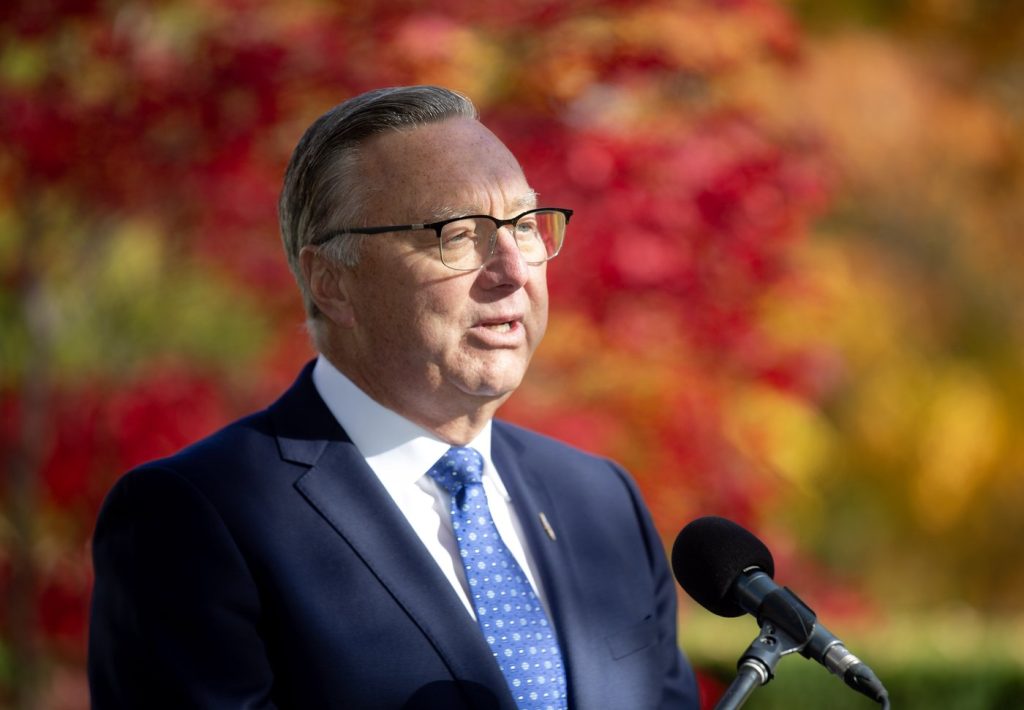ST. JOHN'S — Newfoundland and Labrador's new premier, Tony Wakeham, has made headlines by releasing a resignation letter from Mike Wilson, an accountant who stepped down from the three-person panel responsible for overseeing the province's energy negotiations with Hydro-Québec. This revelation comes after the previous Liberal government had declined to make the letter public in its entirety.
The resignation letter, dated May 12, 2025, highlights Wilson's growing concerns regarding the panel's independence. He expressed that one of the senior civil servants from the former Liberal administration had begun directing the panel on how to conduct its operations, which he found troubling. Wilson's letter indicated that these instructions compromised the panel’s role as an independent entity, and he felt compelled to resign as a result.
The panel was established by the former Liberal government amid increasing demands from opposition parties for an independent review of a preliminary agreement made with Hydro-Québec. This decision came as part of broader efforts to ensure accountability and transparency concerning the province's energy dealings. However, the introduction of external oversight did not shield the government from scrutiny, particularly in light of Wilson's departure.
Political scientist Russell Williams provided insights into the situation, noting that had the Liberal government been proactive and ordered an independent review initially, they might have avoided the controversy that arose from Wilson's resignation. The implications of this incident highlight the ongoing struggles within the province's political landscape regarding governance and ethical accountability.
The release of the letter by Premier Wakeham marks a significant move toward transparency in governance, as it publicly confronts the earlier administration's handling of the energy negotiations. Such actions from the new government are likely to reshape the political discourse in Newfoundland and Labrador, emphasizing the need for integrity in public service.
This development has captured public and media attention, particularly within the context of the energy sector, which is crucial for Newfoundland and Labrador’s economy. The Hydro-Québec negotiations are pivotal, and the pressure for clear and independent oversight has never been higher. As this story unfolds, stakeholders and citizens alike will be watching how the new government addresses these challenges moving forward.
The timeline of events surrounding Wilson's resignation and the Liberal government's previous handling of the matter will serve as a case study in governance practices and the relationship between political control and public accountability in Newfoundland and Labrador.
Overall, the situation reflects broader themes of transparency and governance that are resonating in various regions, making it a topic of widespread relevance and concern.










